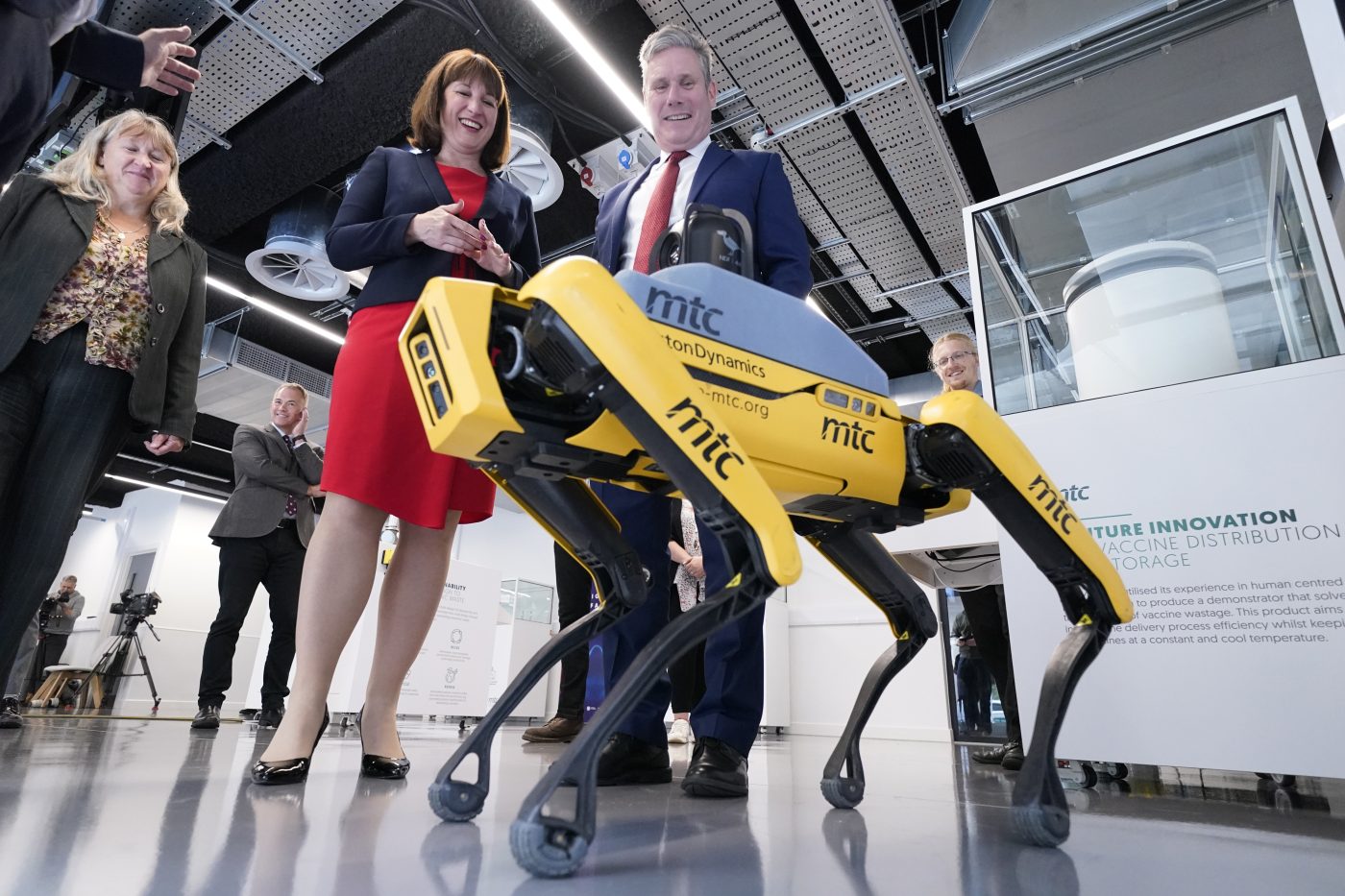Artificial Intelligence: The New Frontier in China’s Tech Industry
As I walked through the crowded halls of the World Artificial Intelligence Conference (WAIC) in Shanghai, I couldn’t help but feel a sense of excitement and optimism about the future of artificial intelligence in China. The conference, which brought together some of the biggest names in the industry, showcased the latest advancements in AI technology and its potential applications in various sectors.
The future of AI is on full display at WAIC
One of the most impressive aspects of the conference was the unveiling of over 30 large language AI models, some of which are compatible with GPT-4 from OpenAI. These models have the potential to revolutionize industries such as finance, retail, and energy, making them more efficient and effective.
SenseTime, a leading AI company, showcased its upgraded AI model SenseNova 5o, which boasts a 30% performance improvement over its previous version. The model’s abilities in mathematics, English, command response, and other core indices are now on par with GPT-4, considered the industry’s best AI model.
SenseTime’s AI model SenseNova 5o is giving GPT-4 a run for its money
The gap between domestic models and GPT-4 is narrowing, with companies like MiniMax, a Shanghai-based developer of large language models, claiming that their models are only a few percentage points behind GPT-4 in terms of accuracy.
“I expect only five AI models to dominate the global market in the future,” said Yan Junjie, founder of MiniMax. “Since there are only two, maybe three, US firms at the top of the market, there is room for Chinese AI models to emerge as top contenders.”
Beyond the development of AI models, the conference focused on their practical applications in various industries. Companies like 4Paradigm and StarBitech showcased their AI-powered systems, which can improve the accuracy of financial fraud identification, increase sales in the retail industry, and lift production capacity in manufacturing.
StarBitech’s Media AI system is streamlining workflows for media professionals
Baidu Chairman Robin Li urged the AI industry to shift its focus away from the development of large language models and instead prioritize AI adaptation and applications. “Without applications, having only AI models is meaningless,” Li told a conference forum.
As I left the conference, I couldn’t help but feel a sense of pride and excitement about the future of AI in China. With its talented developers, innovative companies, and supportive government policies, China is well on its way to becoming a leader in the AI industry.
The future of AI is bright in China


 Photo by
Photo by 












